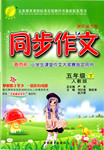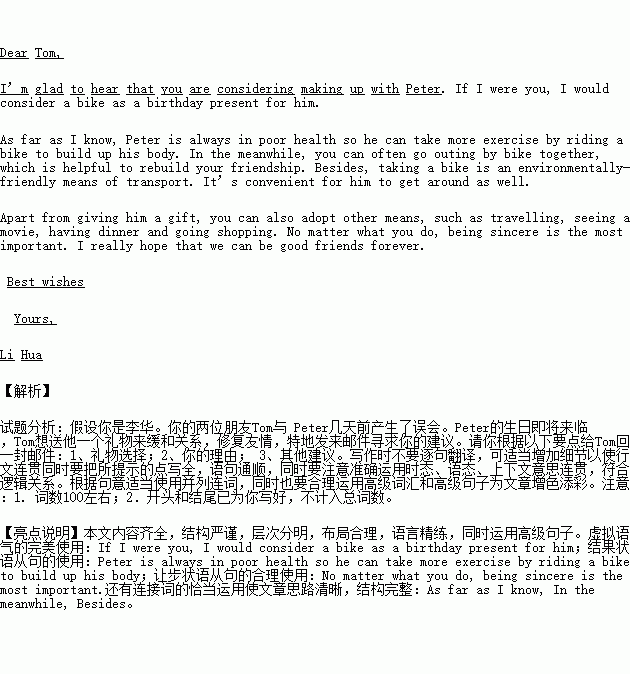“Let’s have a journey. Why not fly out and meet me, Dad?” I say one day.
My father had just retired after 27 years as a manager for IBM. His job filled his day, his thoughts, and his life. While he woke up and took a warm shower, I screamed under a freezing waterfall in Peru. While he tied a tie and put on the same Swiss watch, I rowed a boat across Lake of the Ozarks.
My father sees me drifting aimlessly, nothing to show for my 33 years but a passport full of funny stamps. He wants me to settle down, but now I want him to find an adventure.
He agrees to travel with me through the national parks. We meet four weeks later in Rapid City.
“What's our first stop?” asks my father.
“What time is it?”
“Still don't have a watch?”
Less than an hour away is Mount Rushmore. As he stares up at the four Presidents carved in granite(花岗岩), his mouth and eyes open slowly, like those of a little boy.
“Unbelievable,” he says. “How was this done?”
A film in the information center shows sculptor Gutzon Borglum devoted 14 years to the sculpture and then left the final touches to his son.
We stare up and I ask myself, “Would I ever devote my life to anything?”
No directions, no goals. I always used to hear those words in my father's voice. Now I hear them in my own.
The next day we’re at Yellowstone National Park, where we have a picnic.
“Did you ever travel with your dad?” I ask.
“Only once,” he says. “I never spoke much with my father. We loved each other — but never said it. Whatever he could give me, he gave.”
That last sentence — it’s probably the same thing I’d say about my father. And what I’d want my child to say about me.
In Glacier National Park, my father says, “I've never seen water so blue.” I have, in several places of the world. I can keep traveling, I realize — and maybe a regular job won't be as dull as I feared.
Weeks after our trip, I call my father.
“The photos from the trip are wonderful,” he says. “We've got to take another trip like that sometime.”
I tell him I've decided to settle down, and I'm wearing a watch.
1.We can learn from Paragraphs 2 and 3 that the father _____.
A. was a very fashionable manager
B. was unhappy with the author's lifestyle
C. got bored with his job so he retired
D. liked the author's collection of stamps
2.What does the author realize at Mount Rushmore?
A. He should pursue a specific aim in life.
B. He should learn sculpture in the future.
C. His father is as innocent as a little boy.
D. His father is interested in sculpture.
3.From the underlined paragraph, we can see that the author _____.
A. wants his children to learn from their grandfather
B. hopes to give whatever he can to his father
C. learns how to communicate with his father
D. comes to understand what parental love means
4.What could be inferred about the author and his father from the end of the story?
A. They decide to learn photography together.
B. They begin to change their attitudes to life.
C. The call solves their disagreements.
D. The Swiss watch has drawn them closer.
 春雨教育同步作文系列答案
春雨教育同步作文系列答案
